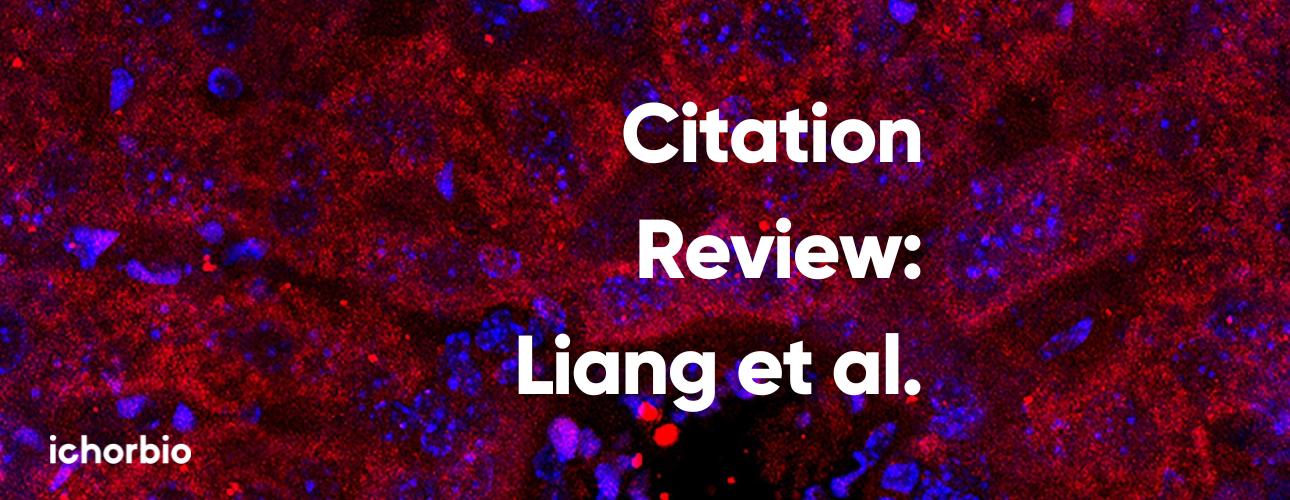Riluzole Enhances Anti-PD-1 Efficacy in Colorectal Cancer by Activating cGAS/STING Signaling

Riluzole Enhances Anti-PD-1 Efficacy in Colorectal Cancer by Activating cGAS/STING Signaling
Introduction
Colorectal cancer (CRC) remains a significant health challenge, ranking as the third most common cancer and the second leading cause of cancer-related deaths in the United States. While immune checkpoint blockade therapies, particularly those targeting PD-1/PD-L1, have revolutionized cancer treatment in recent years, their efficacy in CRC has been limited. Only a small subset of CRC patients, primarily those with microsatellite instability (MSI), show substantial responses to these immunotherapies.
In the search for new therapeutic strategies, researchers have turned to drug repurposing – the practice of finding new uses for existing approved drugs. One such drug that has garnered attention is riluzole, an FDA-approved medication for treating amyotrophic lateral sclerosis (ALS). Previous studies have hinted at riluzole's potential anti-cancer properties, but its effects on colorectal cancer and its potential to enhance immunotherapy remained unexplored.
A recent study published in Molecular Cancer Therapeutics by Liang et al. sheds new light on riluzole's unexpected role in colorectal cancer treatment. The researchers investigated riluzole's impact on tumor growth, immune cell infiltration, and its potential synergy with anti-PD-1 therapy. Their findings reveal a novel mechanism by which riluzole may enhance anti-tumor immunity and overcome resistance to immune checkpoint blockade in CRC.
Key Findings
- Riluzole Inhibits Tumor Growth: The FDA-approved ALS drug riluzole was found to significantly reduce tumor growth and weight in a syngeneic mouse model of colorectal cancer.
- Increased CD8+ T Cell Infiltration: Riluzole treatment led to a marked increase (approximately 2.7-fold) in intratumoral CD8+ T cells compared to control tumors.
- Activation of cGAS/STING Pathway: Riluzole activated the cytosolic DNA sensing cGAS/STING pathway in colon cancer cells, resulting in increased expression of interferon β (IFNβ) and IFNβ-regulated genes.
- DNA Damage Induction: Riluzole induced DNA damage in cancer cells, likely contributing to cGAS/STING activation.
Synergy with Anti-PD-1 Therapy: Combining riluzole with anti-PD-1 treatment showed greater efficacy in suppressing tumor growth than either agent alone.
Role of ichorbio's Antibodies
This study utilized several antibodies from ichorbio, which played crucial roles in elucidating the mechanisms of riluzole's anti-tumor effects:
- Anti-CD8 Antibody clone YTS-169 (ichorbio Cat# ICH1043): Used to deplete CD8+ T cells in vivo, demonstrating that riluzole's tumor suppression was dependent on CD8+ T cells.
- Anti-PD-1 Antibody clone 29F.1A12 (ichorbio Cat# ICH1091): Employed in combination therapy experiments, showing synergistic effects with riluzole in suppressing tumor growth.
- Isotype Control Rat IgG2a (ichorbio Cat# ICH2244): Used as a control antibody in both CD8+ T cell depletion and anti-PD-1 combination experiments.
These high-quality antibodies from ichorbio enabled the researchers to perform critical in vivo experiments, providing strong evidence for the immunomodulatory effects of riluzole and its potential in combination immunotherapy.
Implications and Future Directions
This study highlights the potential of repurposing riluzole, an FDA-approved drug, for colorectal cancer treatment. The findings suggest that riluzole could be particularly valuable in combination with immune checkpoint inhibitors like anti-PD-1 antibodies. This approach may help overcome resistance to immunotherapy in colorectal cancer, especially in microsatellite stable (MSS) tumors that typically respond poorly to checkpoint inhibition alone.
Suggested Future Experiments
- Investigate riluzole's effects in human colorectal cancer cell lines and patient-derived xenografts to further validate its potential clinical application.
- Explore the efficacy of riluzole in combination with other immunotherapies, such as anti-CTLA-4 or adoptive T cell transfer.
- Conduct mechanistic studies to further elucidate how riluzole induces DNA damage and activates the cGAS/STING pathway.
- Evaluate the impact of riluzole on the broader tumor microenvironment, including effects on other immune cell populations and stromal cells.
- Assess the potential of riluzole to enhance the efficacy of conventional chemotherapies or targeted therapies in colorectal cancer.
- Investigate biomarkers that could predict responsiveness to riluzole treatment, potentially focusing on cGAS/STING pathway components.
- Examine the long-term effects of riluzole treatment on anti-tumor immune memory and tumor recurrence.
- Study the impact of riluzole on metastatic colorectal cancer models to determine its potential in advanced disease settings.
Conclusion
This groundbreaking research not only identifies a novel application for riluzole but also provides insights into the importance of the cGAS/STING pathway in anti-tumor immunity. The study opens up new avenues for improving immunotherapy outcomes in colorectal cancer, a malignancy that has historically shown limited response to checkpoint inhibition. By leveraging the synergy between riluzole and anti-PD-1 therapy, there is potential to expand the benefits of immunotherapy to a broader range of colorectal cancer patients.
Full Article
The full research article can be found here.


